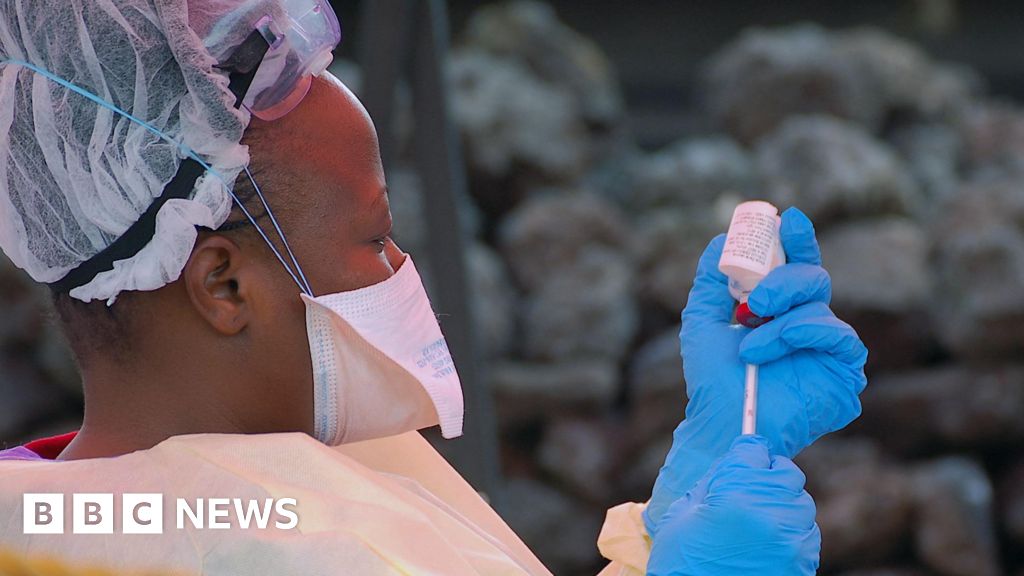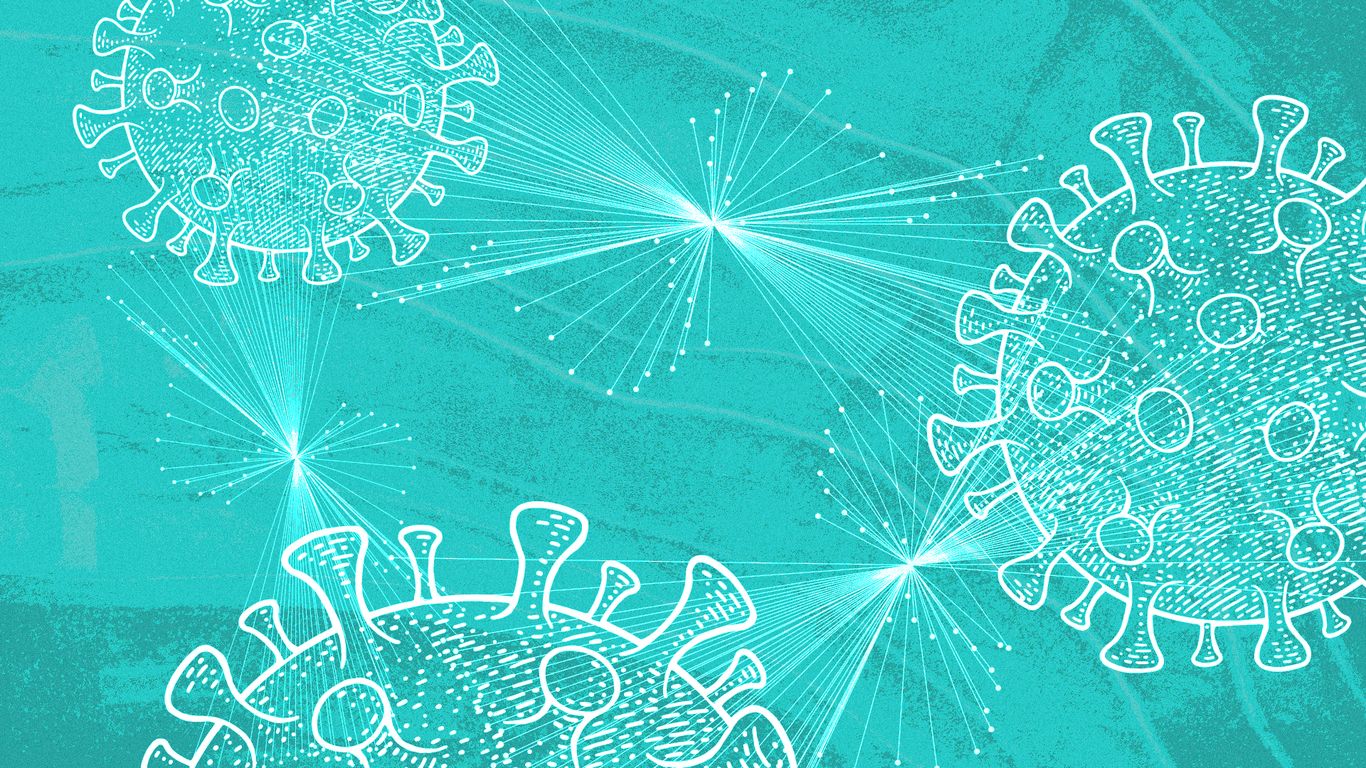Chagas Disease: The new health threat in the US

Introduction
A life-threatening illness known as Chagas disease, transmitted by "kissing bugs" biting human faces, is now becoming endemic in the U.S. according to the CDC. This parasitic infection affects millions worldwide, primarily in Latin America, but has increasingly been reported in the U.S. in recent years. The rise of Chagas disease in the U.S. is a concerning trend, with potentially dire consequences for individuals and pets alike.
Key Details
Chagas disease is caused by a parasite called Trypanosoma cruzi, which is primarily transmitted through the bite of triatomine bugs, commonly known as "kissing bugs" due to their tendency to bite around the lips and face. These bugs can also spread the infection through their feces, which they deposit on the skin while feeding. The disease can also be transmitted through blood transfusions, organ transplants, and from mother to child during pregnancy. While many infected individuals may not experience any symptoms, others can develop serious health complications such as heart and digestive problems.
Impact
The rise of Chagas disease in the U.S. has significant implications for public health. The infection can be difficult to diagnose and treat, and without proper medical attention, it can lead to serious health issues. In addition, pets can also be carriers of the disease, making it essential for pet owners to take preventive
About the Organizations Mentioned
CDC
The **Centers for Disease Control and Prevention (CDC)** is the premier national public health agency of the United States, operating under the Department of Health and Human Services and headquartered in Atlanta, Georgia. Its primary mission is to protect public health and safety through disease control, injury prevention, and health promotion both nationally and globally[1][8]. Established in 1946 initially as a single "Center for Disease Control," the agency expanded and reorganized in 1980 into multiple specialized centers, reflecting a broader focus beyond infectious diseases to include environmental health, chronic disease, occupational safety, and health education[7]. The CDC comprises various centers and institutes, such as the National Center for Immunization and Respiratory Diseases, the National Center for Chronic Disease Prevention and Health Promotion, and the National Institute for Occupational Safety and Health (NIOSH), among others. These centers enable the CDC to address a wide array of public health challenges through research, surveillance, policy development, and education[2]. It also plays a key role in emergency preparedness and response, demonstrated notably during the COVID-19 pandemic, where its guidance shaped public health actions despite complex political and social dynamics[8]. Key achievements include pioneering epidemiological research, controlling outbreaks of infectious diseases, advancing vaccine safety and immunization programs, and addressing emerging health threats such as obesity and diabetes. The CDC is recognized for disseminating authoritative health information, including the widely cited Morbidity and Mortality Weekly Report (MMWR), and for its global collaborations with health organizations worldwide[1][3][8]. Currently, the CDC is undergoing organizational adjustments to focus more intensively on infectious diseases, as part of the 2025 Department of Health and Human Services reorganization. This includes absorbing the Administration for Strategic Preparedness and Response while shifting some functions like occupational safety to new entities[1]. The agency’s comprehensive approach, backed by science and government funding, positions it as a critical leader in public health innovation, disease prevention, and health security i


















